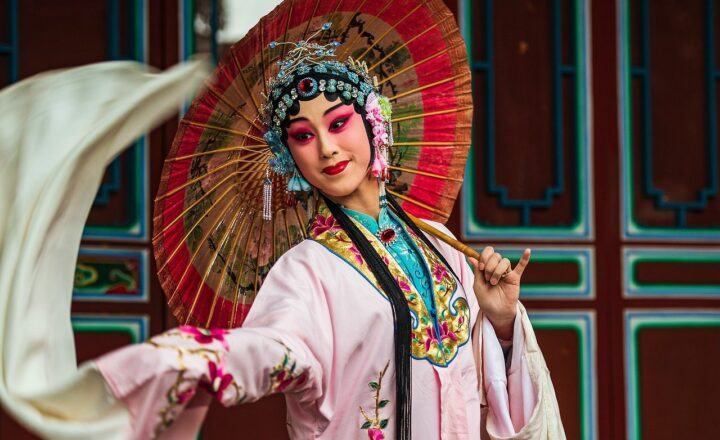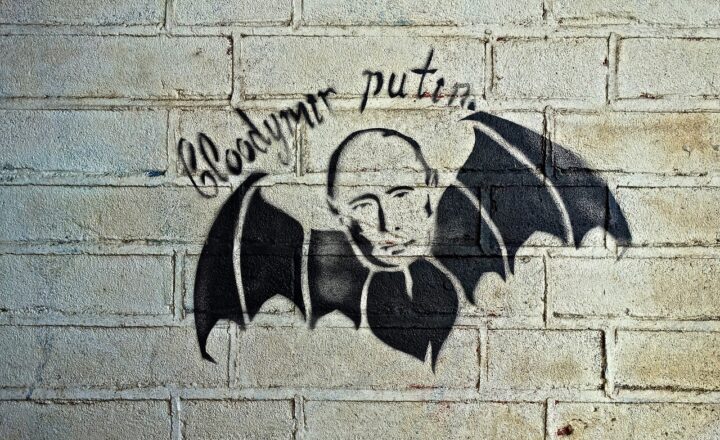How Zombie-Themed Events Became a Worldwide Trend in Pop Culture
November 13, 2024

The undead have risen from the grave and into the cultural conscience of societies around the world. Zombie-themed events, from themed marathons to film festivals, have proliferated like the very hordes they portray. This article delves deep into the phenomenon of zombie culture, tracing its origins, examining its growth, and considering its implications on modern entertainment.
1. The Roots of Zombie Culture
The concept of zombies can be traced back to Haitian Vodou traditions, where the undead were perceived as reanimated corpses controlled by a sorcerer. However, the modern interpretation of zombies as mindless, flesh-eating creatures gained prominence through George A. Romero’s seminal 1968 film, “Night of the Living Dead.” This film not only established the horror movie genre as a staple of popular culture but also set the stage for zombies to evolve into symbols of societal fears.
2. The Explosion of Zombie Media
The last two decades have witnessed a meteoric rise in zombie-themed media. From comics and novels to television shows such as “The Walking Dead” and movies like “World War Z,” the prevalence of zombies in entertainment has surged. This media explosion has contributed to the normalization of zombie culture and has spurred interest in related events.
One of the key components of this growth is the acknowledgment of zombies as flexible metaphors. They can represent everything from consumerism to existential dread, allowing creators to explore various themes. With a built-in audience hungry for more content, the gatekeepers of media have capitalized on the trend.
3. Types of Zombie-Themed Events
Zombie-themed events come in various forms, catering to diverse audiences worldwide. Some of these events include:
- Zombie Walks: Picture streets populated by legions of the undead, dressed in tattered clothes and soaked in faux blood. Zombie walks are public gatherings where fans of horror culture showcase their creativity through elaborate costumes, attracting local media and spectators alike.
- Film Festivals: Events such as the “Zombie Film Festival” in various locations focus on showcasing independent and mainstream zombie films, often culminating in awards for the best entries. Such festivals fuel the creative community while celebrating the genre as a legitimate form of artistic expression.
- Zombie Runs: These events have introduced a fitness twist to the craze, featuring obstacle courses where participants navigate through zombie-infested areas, often with actors portraying hungry zombies chasing after them. This engaging format offers exercise wrapped in adrenaline-fueled fun while raising funds for various causes.
- Zombie-themed Parties and Festivals: Halloween is just one occasion where themed gatherings flourish. Specialized festivals in the summer and fall focus exclusively on everything zombie, complete with movie screenings, panels featuring industry figures, and themed merchandise.
Each of these events serves to cultivate community spirit while catering to the shared interests of enthusiasts.
4. The Social Aspect of Zombie Events
The emergence of zombie-themed events has also strengthened community bonds. Many participants view these gatherings as cultural touchstones where they can meet like-minded individuals who relish the thrill of horror and fantasy. Attendees often form friendships formed around a shared affinity for creativity, cosplay, and storytelling.
Moreover, the global aspect of zombie culture enables people from various backgrounds to come together, regardless of their geographical location. Social media has played a pivotal role in promoting these events, allowing fans to connect with each other, share their experiences, and encourage participation across borders.
The enthusiasm surrounding these events provides a safe and fun environment for communities to experiment with self-expression and creativity.
5. Impact on Pop Culture
The influence of zombie-themed events goes beyond mere entertainment. These gatherings enable fans to engage in playful explorations of social issues. Zombies often serve as metaphors for larger societal fears, from economic instability and pandemics to cultural homogeneity.
Additionally, as more creators capitalize on this trend, we witness the merging of genres—zombie comedies, romantic zombie tales, and even educational zombie games. The flexibility of the zombie archetype allows for continual reinvention and renewed narrative interest.
6. Why Zombies Are Here to Stay
As long as societal anxieties persist, the fascination with zombies is likely to endure. In the wake of the COVID-19 pandemic, the themes of survival, community, and the unknown have resonated with people on a profound level. Zombie-themed events provide a creative outlet to process these experiences, making them relevant in contemporary settings.
The adaptability and resilience of zombie culture ensure that it will not fade into obscurity. Instead, it will continue to evolve, reflecting contemporary fears and whims, while simultaneously creating unique opportunities for connection and self-expression.
Conclusion
The rise of zombie-themed events reflects a global trend deeply rooted in collective fears and social commentary. As we unpack the enduring popularity of these gatherings, it becomes evident that they are not just about the thrill of horror, but rather the communal mission to explore and celebrate creativity. As long as there are stories to tell and fears to confront, the undead will continue to roam our cultural landscape, unearthing new legacies in pop culture.








